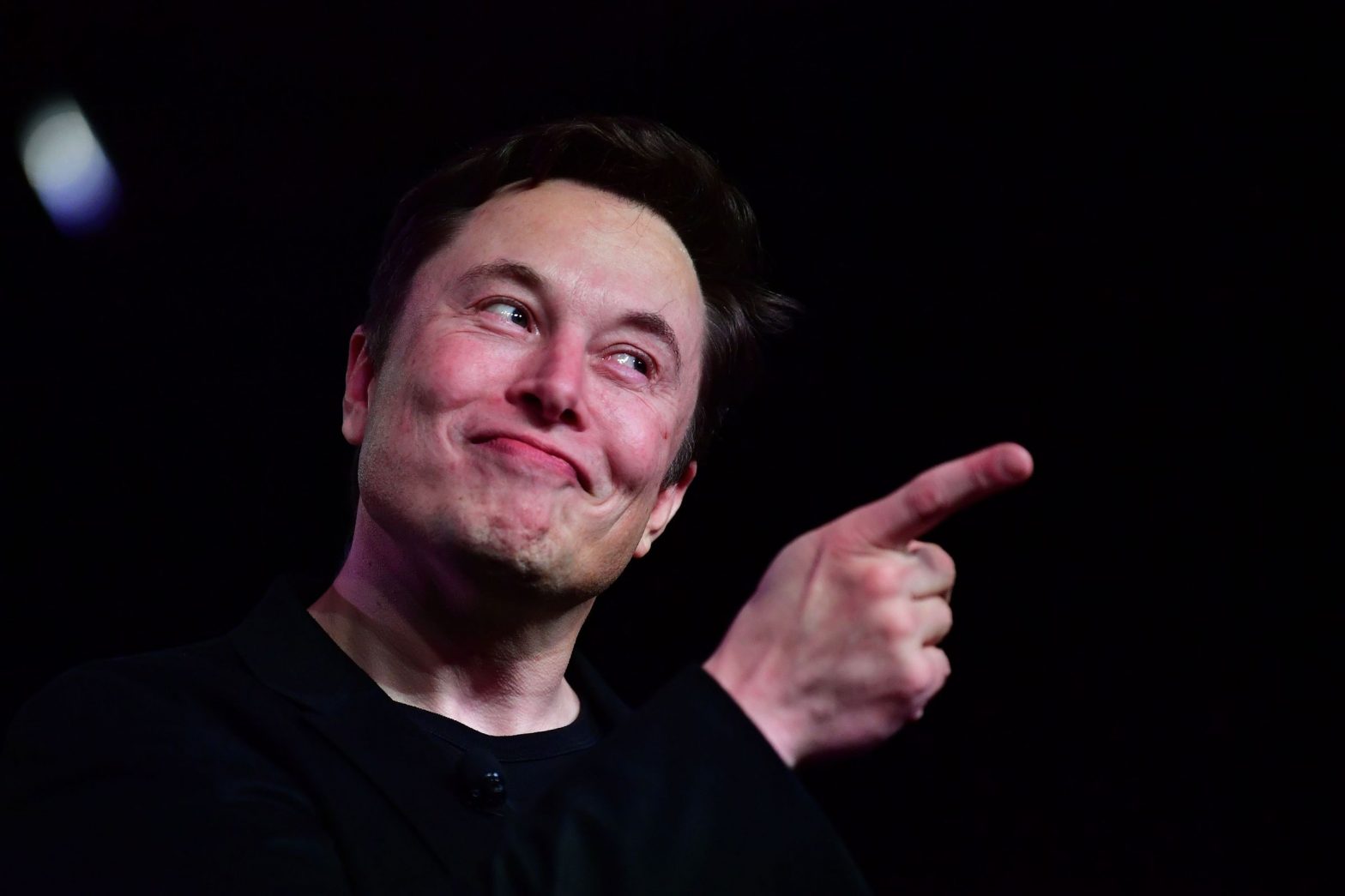/
Musk thinks Tesla can bring on ‘a sustainable energy Earth.’ But how sustainable is Tesla?
:format(webp)/cdn.vox-cdn.com/uploads/chorus_asset/file/24473563/1130598318.jpg)
Last night, as he presented Tesla’s latest “Master Plan” to investors, Elon Musk attempted to cast his company as one that would usher in “a sustainable energy Earth.” But that’s going to be really hard to do if Musk doesn’t get his own house in order first.
Tesla makes electric vehicles, solar panels, and batteries to store renewable electricity. A transition to clean energy will need those things. But making those things also needs to be done sustainably and humanely. That requires transparency and accountability, the kind of thing we’re not used to seeing from Musk and his companies.
Let’s start with some basics. For any company that says it cares about the planet, divulging how much pollution it produces is one of the first steps to take. You can’t manage what you don’t measure, right? Tesla has lagged several years behind other automakers and tech companies in disclosing greenhouse gas emissions and setting targets to curb climate pollution.
For comparison, Ford first earned an “A” grade for its climate change disclosures in 2019 from the CDP, a go-to organization for evaluating companies’ environmental reporting efforts. That can be taken with a grain of salt since Ford is still making a lot of gas-guzzling cars. But so far, Tesla has consistently earned “F” grades for failing to disclose its environmental impact.
Tesla did share a partial picture of its carbon footprint in its 2021 impact report, which it released last year. But it’s still missing what’s likely the company’s biggest source of emissions: those that come from its supply chain. While this is difficult to calculate, climate advocates have pushed companies to report this category of “upstream” pollution because it’s usually a major chunk of its total footprint.
Upstream greenhouse gas emissions from EV battery manufacturing create about 80 percent of the climate pollution from Tesla’s Model 3 battery pack, the company said in its impact report. But we still don’t know just how much pollution that is. “Prioritizing our supply chain is crucial and we have a lot of work to do to incentivize suppliers to provide energy and emissions data for us to report on,” the report says. The SEC is currently weighing whether to mandate such disclosures. Rival EV companies Polestar and Rivian, meanwhile, commissioned a report published this month that urges the industry to clean up pollution from its supply chain in order to reach global climate goals.
There are other potential harms along the supply chain that Musk needs to acknowledge, like what happens when you mine in people’s backyards. That tears up landscapes and tends to piss off a lot of people in the process. The US’s largest planned lithium mine, which just broke ground in Nevada, has riled nearby tribes and ranchers worried about the environmental fallout. The Reno-Sparks Indian Colony, Burns Paiute Tribe, and Summit Lake Paiute Tribe filed suit to try to stop its development, which they say could destroy sacred and traditional sites. The area, Thacker Pass, was the site of an 1865 massacre of at least 31 Paiute people by federal soldiers.
Musk talks about a clear path forward for procuring enough lithium to satisfy the EV industry’s growing hunger. “There still seems to be quite a bit of confusion about lithium,” Musk said at the investor event last night. “Lithium is extremely common … There’s enough lithium ore in the United States to electrify all of Earth.” The “actual limiting factor,” he says, is the capacity to refine the lithium into material that can be used in a battery.
The supply chain for cobalt, another key material for EV batteries, is wrought with allegations of human rights abuses. One of Tesla’s suppliers of cobalt makes its miners work physically demanding jobs with little pay, water, or food, The Verge reported last year. Tesla hasn’t had a public relations department since 2019 to respond to these kinds of allegations.
Again, it’s hard to avoid the harms you don’t acknowledge. And without addressing all the thorny issues that are bound to come up with the transition to clean energy, you risk repeating the damage done by fossil fuels and other extractive industries that came before.
At this point, Musk is taking a page out of the billionaire with a Batman complex playbook. (Think Jeff Bezos becoming a major climate philanthropist while Amazon pollutes neighborhoods near its warehouses.) He’s another rich dude who thinks he can swoop in with some tech fix to save the world. But he sidesteps some of the fundamental problems that have led to environmental crisis in the first place, such as exploiting resources as if they’re limitless while ignoring communities’ legitimate concerns.
Nurturing a healthier environment might start in the workplace for Tesla, whose employees have reported racism and sexual harassment — the kinds of allegations Musk has joked about on Twitter. Speaking of Twitter, hate speech and misinformation about climate change have exploded on the platform since Musk took over. That’s a lot of mess to clean up, Musk. And if that’s out of reach, then maybe leading the fight against climate change is, too.
